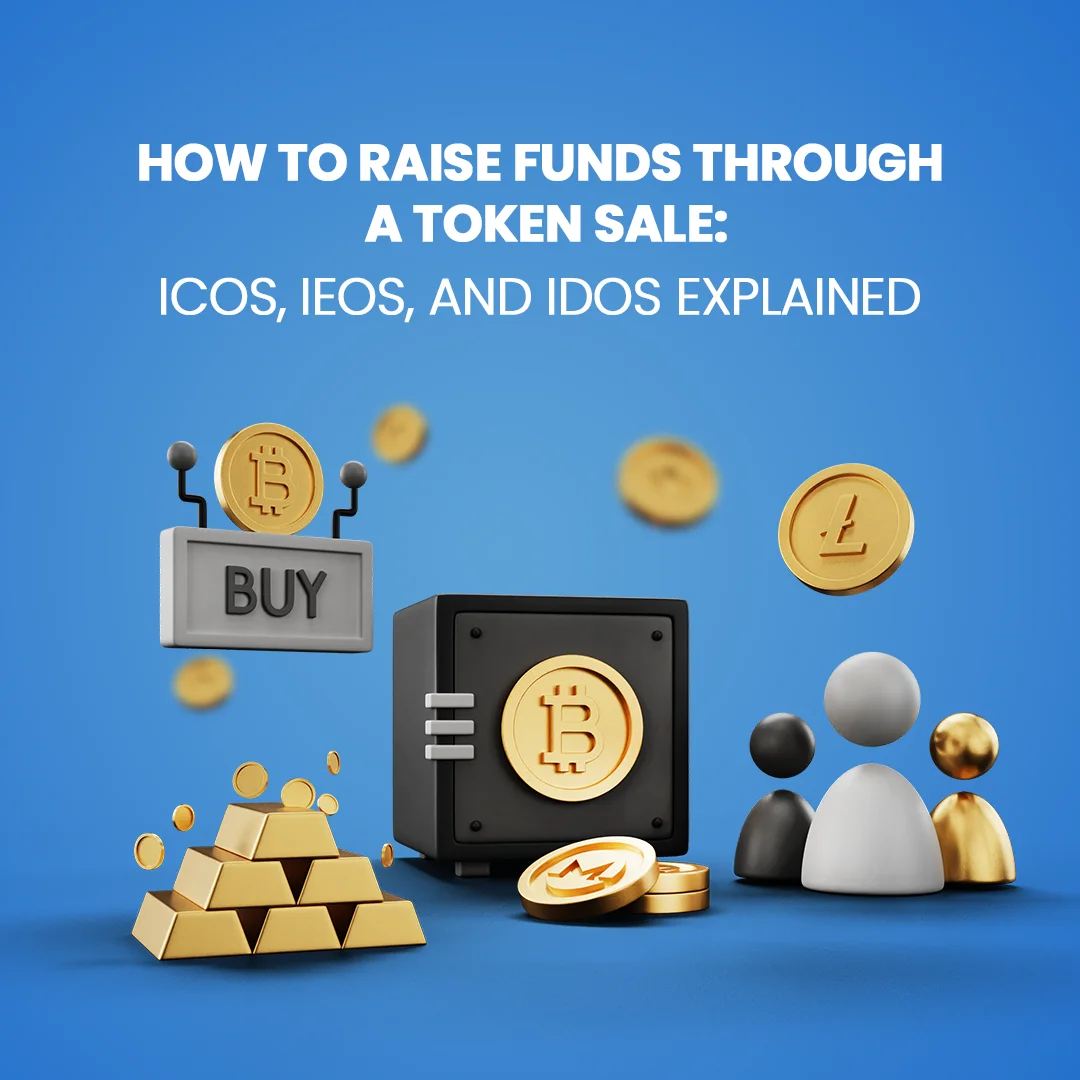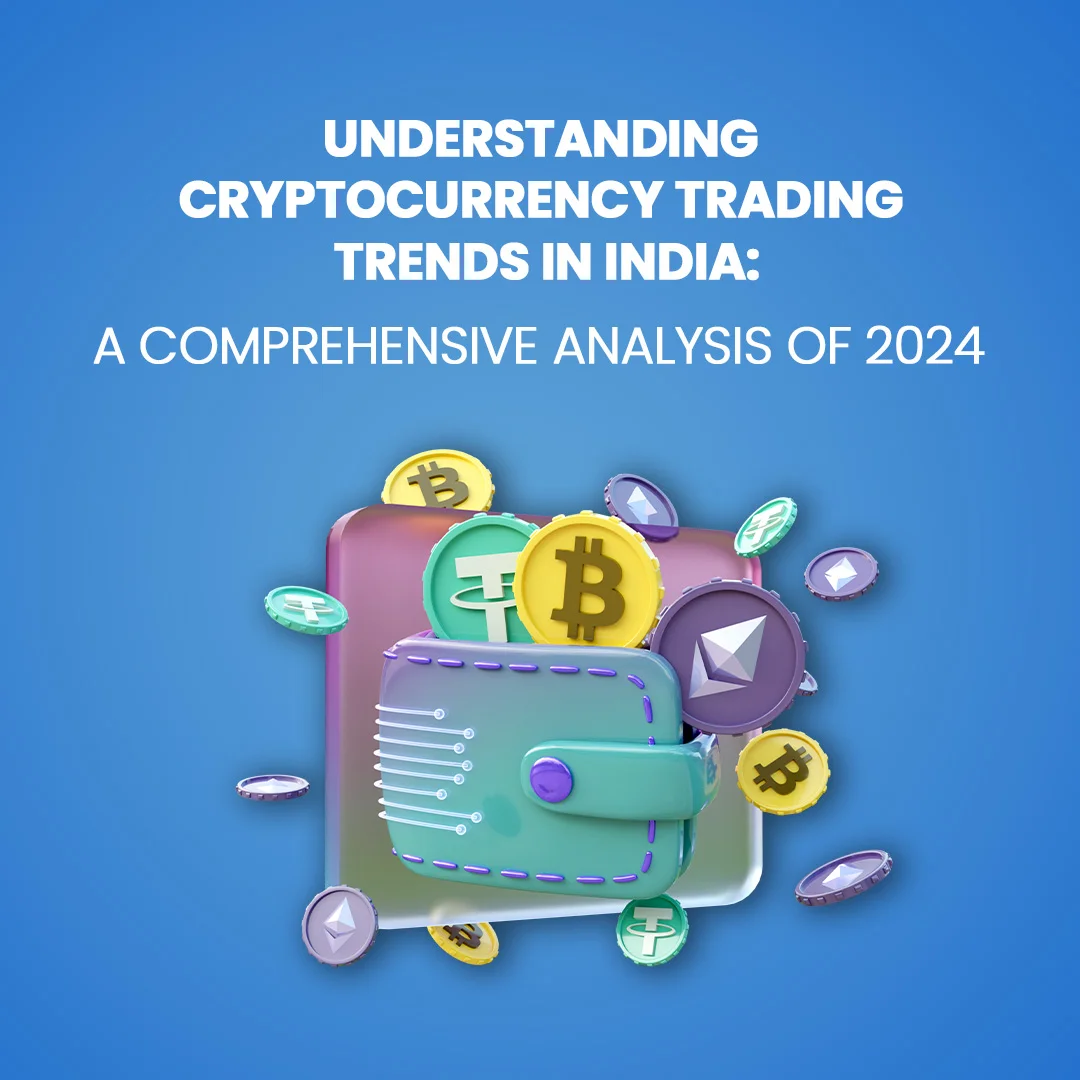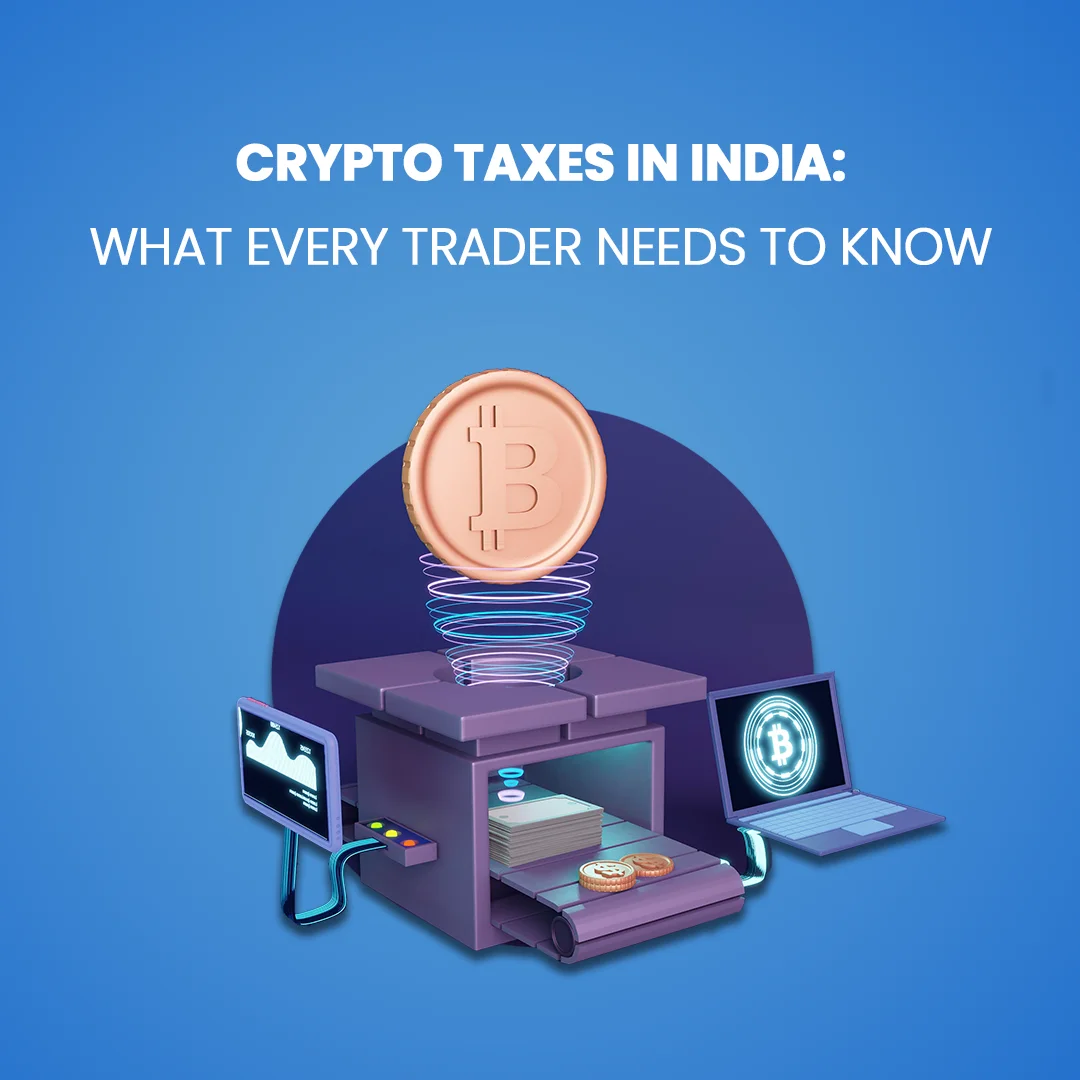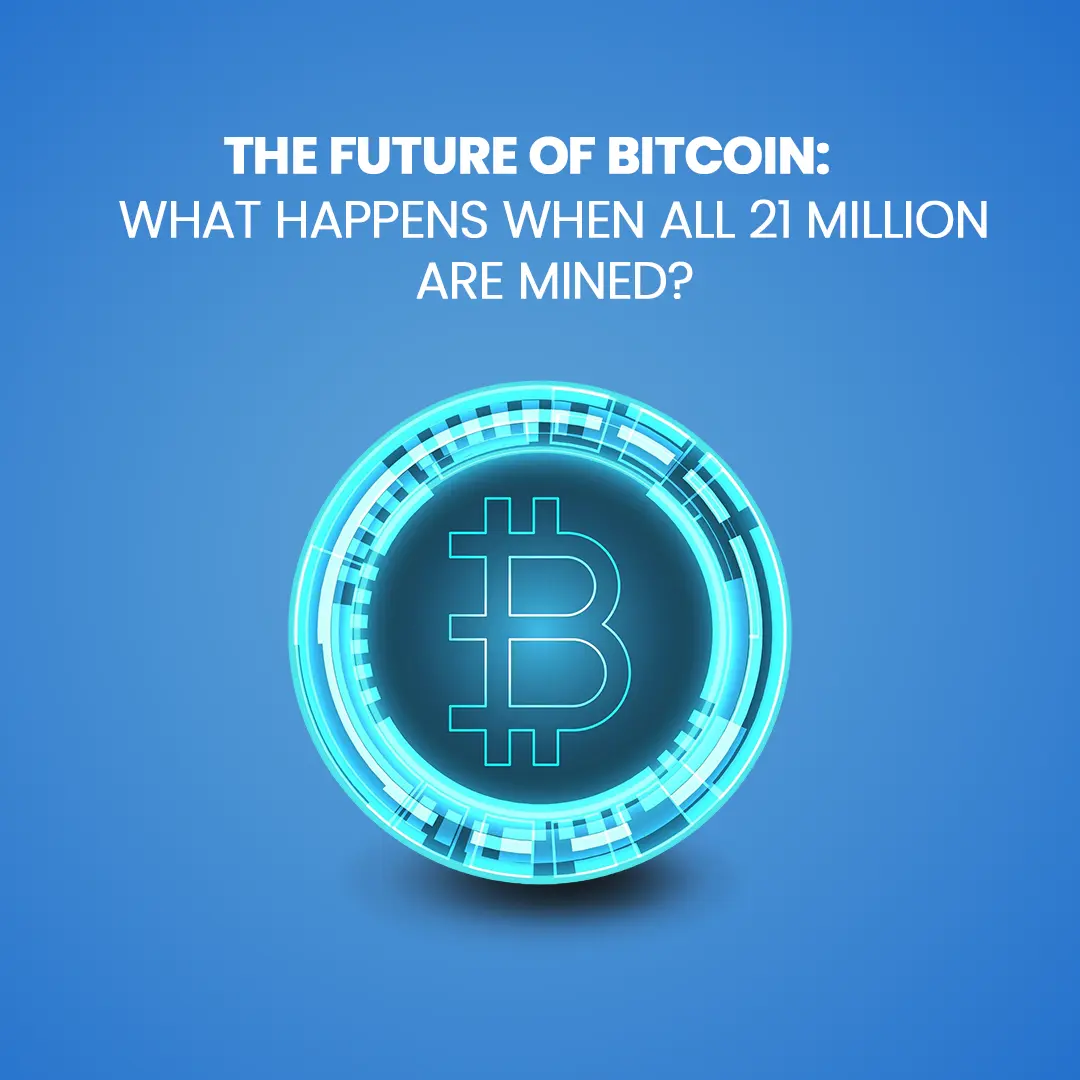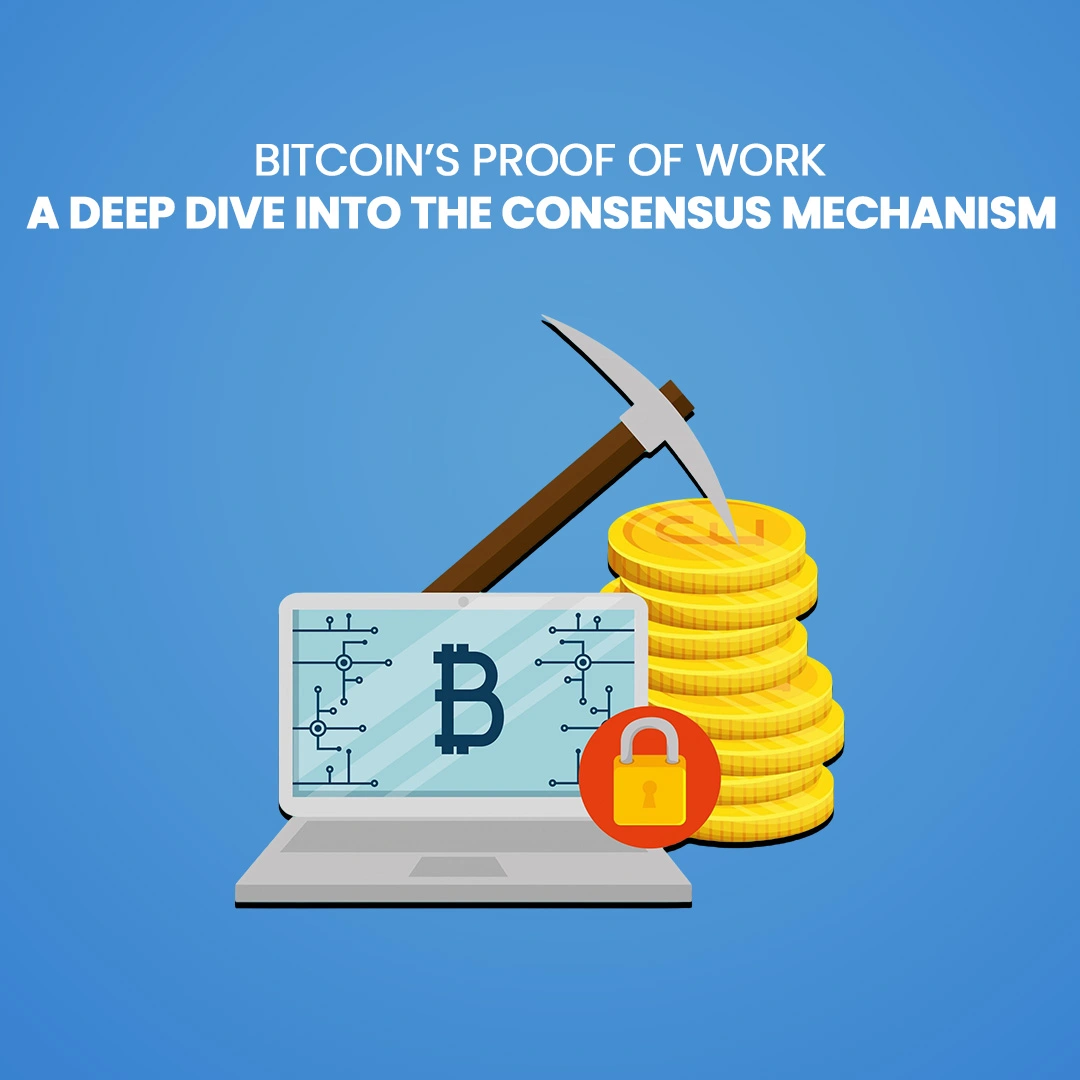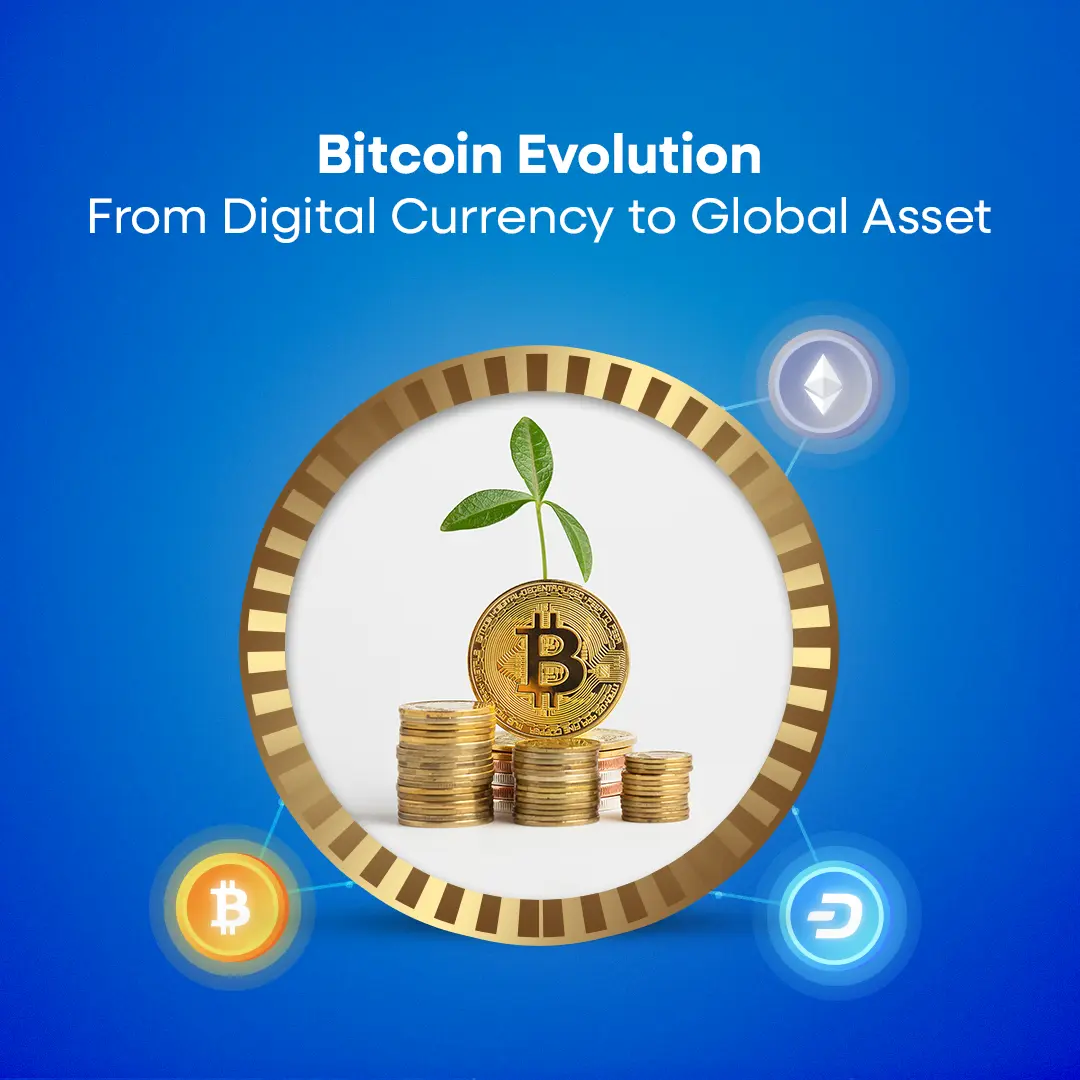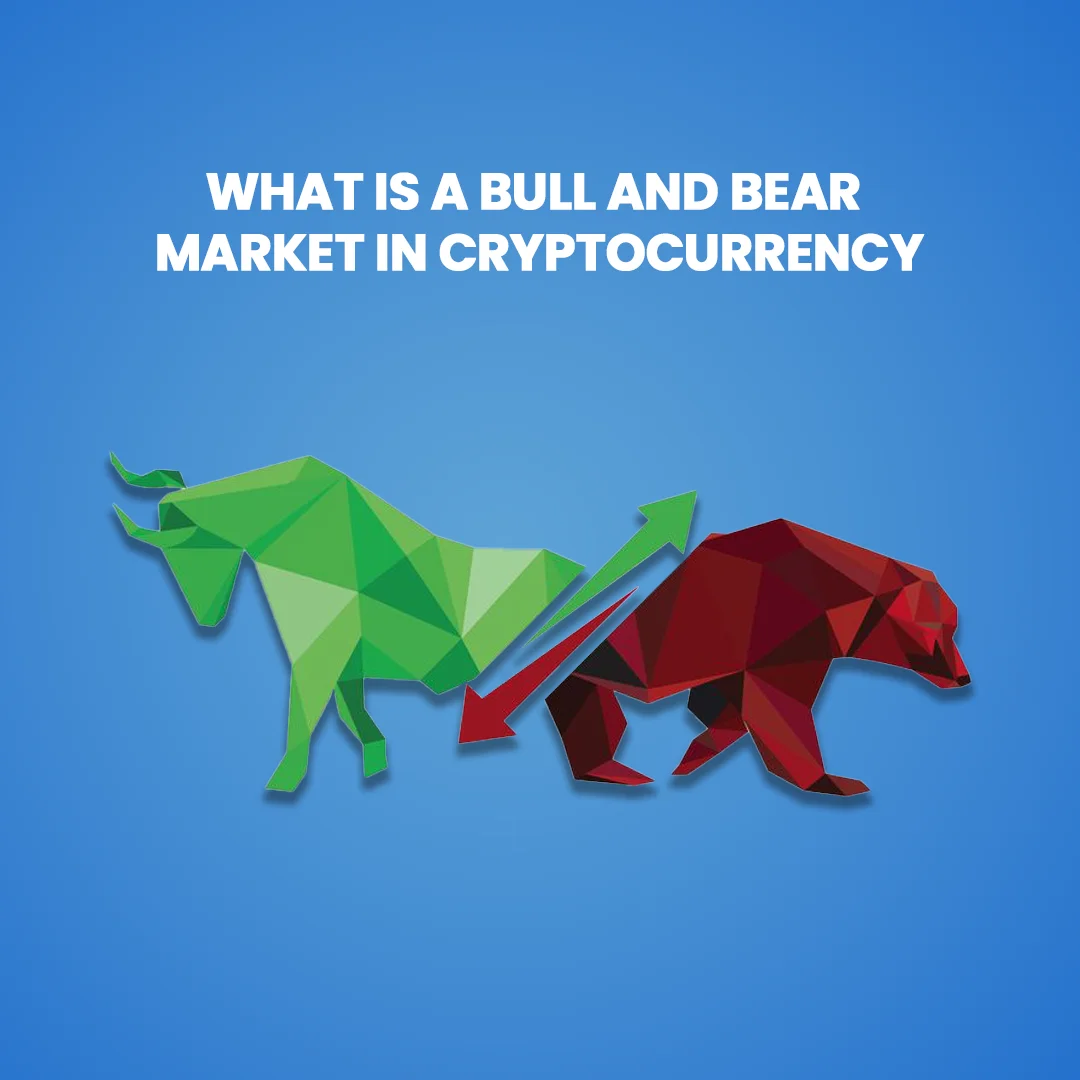

The World of Non-Fungible Tokens– Understanding the Basics
NFT stands for Non-Fungible Token.
But what exactly are these Non Fungible Tokens (NFTs), and how would you explain the concept to a kid if you had to?
NFTs in the blockchain simplified
Suppose you possess a unique trade card, such as an uncommon Pokémon card. There isn’t any other card that is exactly like that one. NFTs are similar to digital copies of unique products or collectibles that you may purchase online.
As unique as your special card, they can’t be duplicated or replaced.
How Are NFTs Operational?
NFTs are kept on a platform known as a blockchain.
The blockchain might be compared to an enormous digital notebook where all the owners jot down who owns what.
Upon purchasing an NFT, your identity is visible to anyone, and that particular digital object is registered in your notebook.
What Things Can You List As NFTs?
Your unique artwork creation
NFT can be sold by digital artists who create exclusive art forms. An awesome artwork or doodle can be yours if it’s the original digital version.
A composition or a jingle
If you are a musician, you can feel free to sell your compositions as an NFT, and you are able to acquire a special version of the tune.
Your quirky or special collectibles
Digital artifacts such as avatars, game characters, and amusing internet memes can work as NFTs, similar to trading cards.
A video or clip
Brief snippets or highlights from sporting events can be sold as NFTs. The original form of a well-known basketball slam may be yours, if you like!
Why on earth are these NFTs considered Special?
Purchasing an NFT is similar to purchasing a valuable or uncommon item. You are the only one who owns the original, even if it is available for viewing online.
No one can steal it from you or claim ownership because the blockchain maintains a record proving your ownership.
Just like with trading cards with pals, you can purchase, sell, or exchange your NFTs with other individuals as well.
How can different people use NFTs?
If you are an artist
NFTs may empower artists to sell their digital artistry work directly to fans and collectors without the use of conventional middlemen like galleries or museums. It’s believed that NFTs have completely changed the art world. In addition to giving artists more authority, this direct connection provides art enthusiasts with a novel way to acquire original digital works—knowing they are the only ones with that particular edition. Isn’t that wonderful?
If you are a gaming maestro
NFTs are transforming how gamers engage with virtual worlds in the gaming industry. Imagine acquiring rare swords, exclusive character skins, or even a virtual land plot in your favorite game with NFTs. As a player, you may feel as though you truly own these digital assets, which may be purchased, sold, or traded to improve the gaming experience. Certain NFTs are even valuable outside of the game, enabling users to sell them for real cash.
If you are an event organizer
With NFTs, the concept of event tickets is changing. Event planners, like yourselves, have the option to provide NFTs, which provide entry to concerts, sporting events, or private parties, instead of conventional paper or digital tickets. The joy of attending events is increased by the fact that these NFT tickets are easily transferable, sellable, or even preserved as digital mementos.
If you wish to own the real-world facilities or thingies
In the real-world scenario, NFTs may symbolize ownership of real goods in addition to digital ones. NFTs, for instance, can be used to demonstrate ownership of a home, vehicle, or other priceless possessions. This digital ownership certificate is easily transferable and tamper-proof because it is safely kept on the blockchain. In the future, the usage of NFTs could make the acquisition and sale of luxury goods, automobiles, and real estate more transparent and efficient.
Strategies to protect your peace with NFTs
NFT trading has threats of its own, just like any other type of investment. Even while the idea of significant gains could be tempting, to safeguard your money, you must have a solid strategy for risk management in place. Here are some strategies for traders to deal with the NFT market’s volatility-
1. To minimize sharp price swings and prevent substantial losses, diversify your investments over several NFTs.
2. To ensure reliable foundations and prevent purchases motivated by hype, thoroughly investigate creators, projects, and communities before making a purchase.
3. To guard against phishing scams and fake NFTs, use trustworthy marketplaces and secure your digital/e-wallet.
4. Use stop-loss orders to mitigate the impact of emotional decisions, and establish and adhere to defined investing goals.
5. Select assets with active markets to minimize liquidity concerns; be aware that NFTs may take longer to sell.
6. To maintain compliance and prevent legal concerns, stay up to date on regulations that are always changing and seek professional advice.
7. To minimize overexposure and maintain risk balance, establish investment boundaries and spread your holdings among several NFT categories.
8. To predict swings and modify strategies, stay up to date on industry developments, participate in NFT communities, and be vigilant on market trends.
NFTs are creating new opportunities for digital ownership and investment as their popularity grows. However, experts advise caution when entering this market, especially for first-time traders. Not all assets will hold their value over time, and the NFT market can be very speculative. It’s critical to keep up with current developments, carry out in-depth studies, and, where necessary, consult with experts. You can negotiate the NFT environment more confidently and possibly find significant possibilities in this new digital frontier by combining meticulous planning with an openness to explore.
FAQs
Non-fungible tokens, or NFTs, are distinct digital assets that are kept on a blockchain and serve as ownership certificates for objects like artwork and collectibles.
Non-fungible tokens are perfect for collecting because they are one-of-a-kind and cannot be traded one-to-one like other digital assets.
To guarantee safe, transparent ownership and to confirm the uniqueness of every digital asset, NFTs are kept on a blockchain.
Indeed, a variety of digital goods, such as music, art, virtual real estate, and more, can be represented by NFTs.


